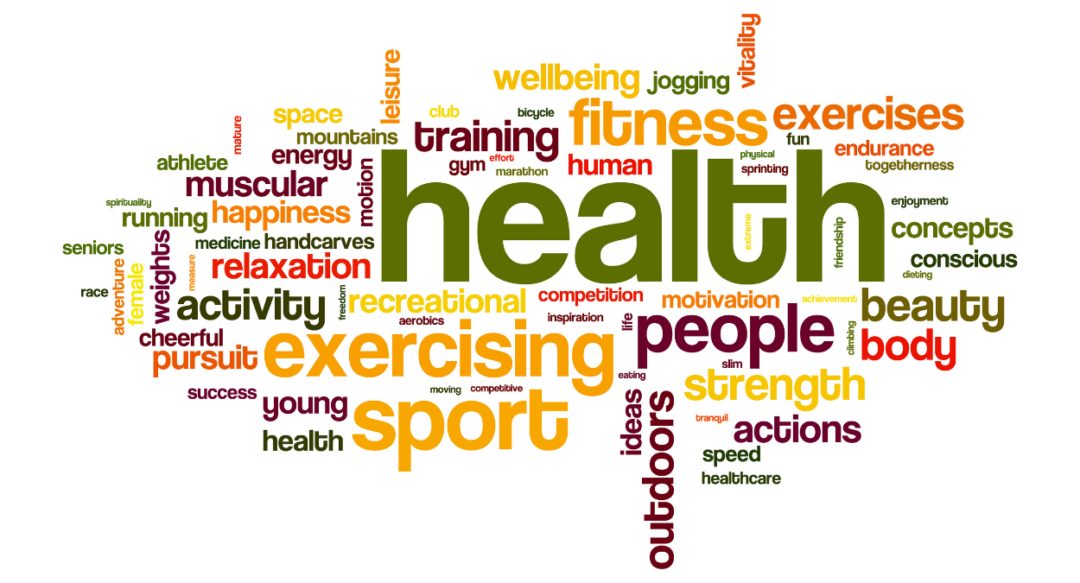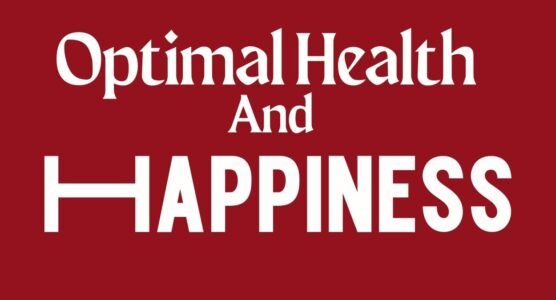What to Eat for Optimal Health: A Comprehensive Guide
In a world where our daily lives are increasingly hectic and fast-paced, our health often takes a backseat. It’s easy to grab quick, convenient, but not necessarily nutritious meals on the go. However, if we want to live our best lives, we must prioritize our health, and that begins with what we eat. This comprehensive guide will help you understand what to eat for optimal health.

Understanding Macronutrients
Carbohydrates
Carbohydrates are the body’s primary source of energy. They include simple carbohydrates found in sugary foods and complex carbohydrates in grains, fruits, and vegetables. Opt for complex carbs, as they provide sustained energy.
Proteins
Proteins are the building blocks of the body. Include lean meats, poultry, fish, beans, and legumes in your diet to support muscle growth and repair.
Fats
Healthy fats are crucial for overall health. Avocado, nuts, and olive oil are great sources. Limit saturated and trans fats found in fried and processed foods.
Micronutrients and Their Role in Health
Vitamins
Vitamins like A, C, and D are essential for various bodily functions. Ensure you get a variety of fruits and vegetables to meet your vitamin needs.
Minerals
Calcium, potassium, and iron are among the vital minerals our bodies need. Dairy, leafy greens, and lean meats are good sources.
The Power of Fiber
Fiber aids digestion lowers cholesterol and stabilizes blood sugar levels. Find it in whole grains, fruits, and vegetables.
Hydration for Health
Staying hydrated is crucial for bodily functions. Drink plenty of water throughout the day.

The Benefits of a Balanced Diet
A balanced diet ensures you get a variety of nutrients. Aim for a colorful plate with a mix of fruits, vegetables, lean proteins, and whole grains.
Foods to Include in Your Diet
Fruits and Vegetables
Colorful fruits and vegetables are rich in vitamins and antioxidants. Aim for at least five servings a day.
Lean Protein Sources
Opt for lean cuts of meat, poultry, and plant-based proteins for a healthier diet.
Whole Grains
Replace refined grains with whole grains like brown rice, quinoa, and whole wheat pasta for added nutrients.
Healthy Fats
Avocado, nuts, and fatty fish provide essential healthy fats for heart health.
Dairy or Dairy Alternatives
Choose low-fat dairy or dairy alternatives like almond milk for calcium.

Superfoods for Optimal Health
Include superfoods like blueberries, kale, and chia seeds in your diet for added health benefits.
Meal Planning and Portion Control
Plan your meals and pay attention to portion sizes to avoid overeating.
Eating Habits and Timing
Regular meals and avoiding late-night snacking help maintain a healthy weight.
Special Diets and Health Conditions
Consider specific dietary needs for allergies, sensitivities, or medical conditions.
The Importance of Regular Physical Activity
Diet alone isn’t enough. Combine it with regular exercise for optimal health.
Maintaining a Healthy Weight
Monitor your weight and make adjustments to your diet and exercise routine as needed.
Hygiene and Food Safety
Practice good food hygiene and ensure safe food handling to prevent illness.
Conclusion: A Lifelong Journey to Optimal Health
Optimal health is a lifelong journey that begins with your plate. By understanding what to eat, you take a significant step towards a healthier, happier life. Remember, your health is an investment, and a balanced diet is your best asset.
FAQs
1. What is the importance of a balanced diet for optimal health?
A balanced diet provides the essential nutrients your body needs for overall well-being, energy, and disease prevention.
2. How can I incorporate more fruits and vegetables into my diet?
Start by adding a serving of fruits or vegetables to every meal and snack. Make them easily accessible and appealing.
3. What are some healthy sources of protein for vegetarians and vegans?
Lentils, tofu, beans, and quinoa are excellent plant-based protein sources.
4. How can I stay hydrated throughout the day?
Carry a reusable water bottle and set reminders to drink water regularly.
5. What is the role of exercise in optimal health?
Regular exercise complements a healthy diet by improving cardiovascular health, muscle strength, and mental well-being.
https://www.healthline.com/nutrition/how-to-eat-healthy-guide






